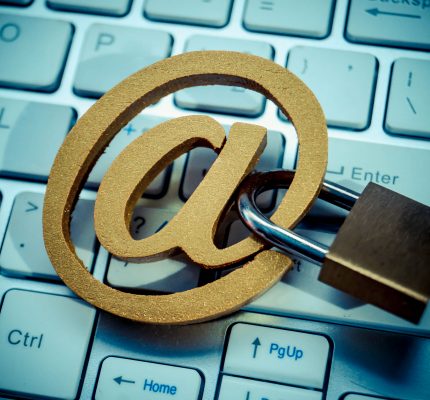In a 2019 report, the FBI mentions Business Email Compromise (BEC) as the biggest cybercrime threat. Nearly $1.7 billion of damages in the US was the result of BEC scams, with the total cybercrime damage in 2019 in the US alone at $3.5 billion.
The enormous amount of damage caused by BEC scams and the increase compared to 2018 is mainly due to its simplicity. Today, 99.9% of all e-mail traffic is unencrypted and all e-mail messages are in principle sent in an unsealed ‘envelope’. There is, therefore, no way of knowing for sure who sent the message or whether the message was changed just before it was received.
BEC scams have two important variants:
A good first line of defence against BEC is to digitally sign e-mails as the company standard. The ‘Secure e-mail service’, which has been offered by KeyTalk and its partners since July, provides this. The digital signature takes place by means of a digital S/MIME certificate.
MIME is the mail protocol on the basis of which everyone around the world mails, the secure variant of this (S(ecure)/MIME ) using an S/MIME certificate has existed since 1998. But because the process of ordering, installing, configuring and managing these certificates was an absolute mess for any IT administrator, S/MIME has never been widely used. It was just too much hassle.
KeyTalk’s Secure Email Service removes all trouble in this area and uses the certificate management system developed by KeyTalk itself. This easily takes over all the time-consuming, error-prone and (for end users) complex activities surrounding the distribution, installation and management of S/MIME certificates.
The result?
Would you like to know more about this service and how easy it is for your company or organisation to use it? Please contact us at sales@keytalk.com or contact one of our partners.
